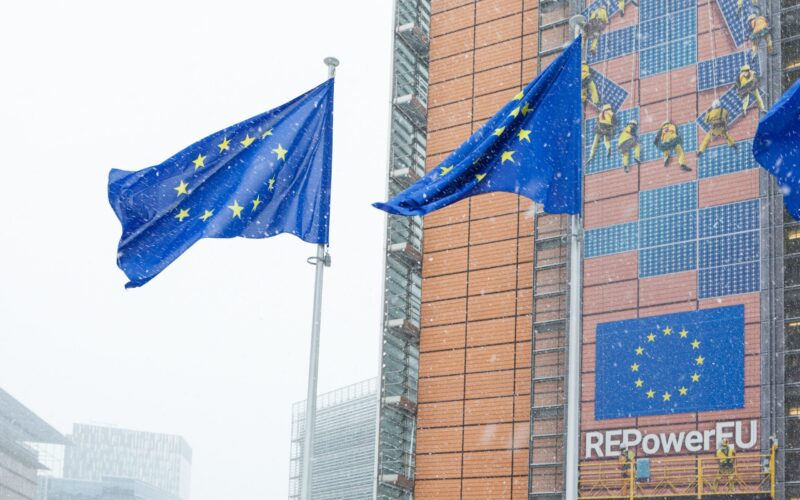The European Commission has unveiled a proposal to integrate the Biodiversity Beyond National Jurisdiction (BBNJ) Agreement — a landmark international treaty aimed at protecting the oceans, tackling environmental degradation, combating climate change, and curbing biodiversity loss — into European Union law. The move is intended to facilitate Member States’ implementation of the agreement within their national legal frameworks.
The BBNJ Agreement, often referred to as the Treaty of the High Seas, was signed on behalf of the EU by European Commission President Ursula von der Leyen in September 2023. It supports the objectives of the Kunming-Montreal Global Biodiversity Framework, including the commitment to protect at least 30% of the world’s oceans by 2030 and to enhance the equitable sharing of benefits derived from marine genetic resources and digital sequence information.
While EU legislation already aligns with significant aspects of the BBNJ, the proposed directive aims to ensure comprehensive implementation across all Member States, while maintaining a minimal regulatory burden. Key measures include:
- The creation of large-scale marine protected areas in international waters to conserve marine biodiversity.
- Mandatory environmental impact assessments for activities conducted in international waters, ensuring transparency, accountability, public participation, and equitable conditions for all stakeholders.
- Support for EU researchers engaged in cross-border collaborations on marine genetic resources, facilitating access to resources and ensuring fair benefit sharing in line with the COP16 Cali Fund.
The Commission stated that the directive will also contribute to promoting good governance and sustainable ocean management, consistent with the forthcoming European Ocean Pact. Furthermore, it aims to harmonise administrative processes across the EU and maintain a level playing field for all Member States.
Next steps
The proposal will now be subject to negotiations by the European Parliament and the Council. The BBNJ Agreement will enter into force 120 days after 60 countries have ratified it. The EU has committed to ratifying the Agreement ahead of the UN Ocean Conference, scheduled to be held in Nice in June 2025. The directive must be adopted before the Agreement enters into force.
Background
Areas beyond national jurisdiction — comprising nearly two-thirds of the world’s oceans — are rich in marine biodiversity and provide vital ecological, economic, social, cultural, and scientific benefits. However, these regions are increasingly threatened by pollution, overexploitation, climate change, and biodiversity loss, prompting urgent calls for stronger protection.
In 2023, 89 countries signed the BBNJ Agreement, which builds on the principles established under the United Nations Convention on the Law of the Sea (UNCLOS). The Agreement strengthens international cooperation, mandates prior environmental impact assessments, and modernises the governance of activities in the high seas, supporting the United Nations’ 2030 Agenda for Sustainable Development, particularly Sustainable Development Goal 14: Life Below Water.















